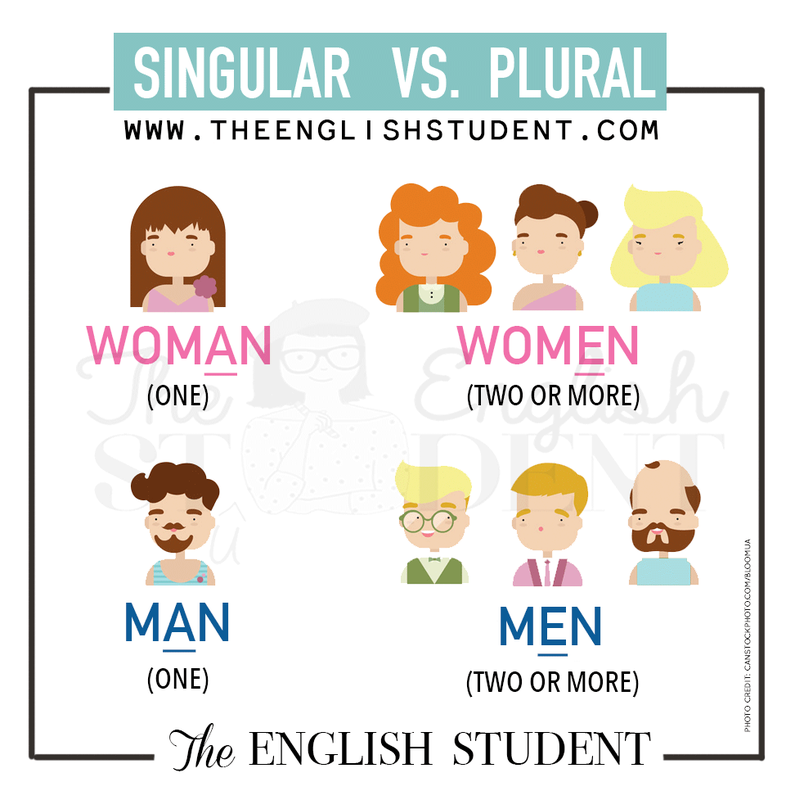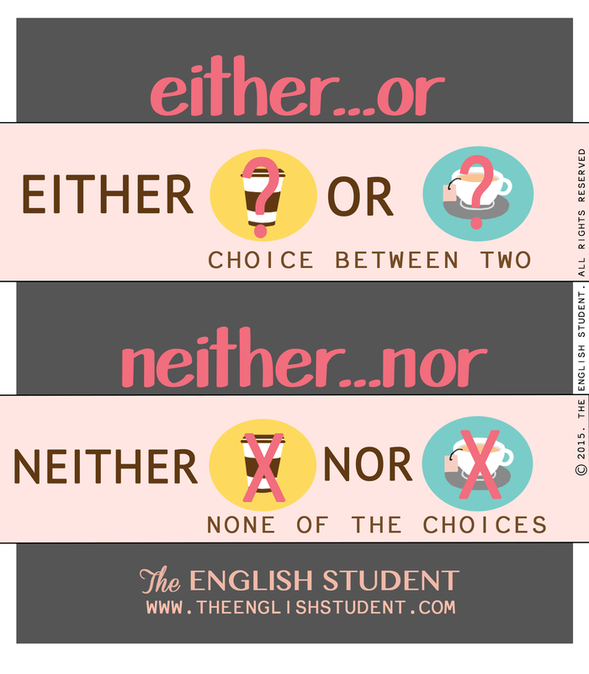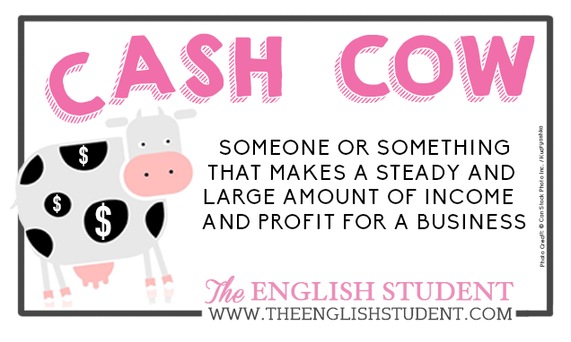There are so many singular and plural words in English, but my focus today is just on helping you understand the difference between WOMAN, WOMEN, MAN, MEN.
With one female or male, we always use 'a' - womAn and mAn
With two or more females or males, we use 'e' - womEn and mEn
Since it's Father's Day today, I'm going to give an example related to this:
"He is a great man" - singular (uses the verb 'is')
"They are great men" - plural (uses the verb 'are')
Related Lessons:
Jean or Jeans
This or That
English is a Strange Language










 RSS Feed
RSS Feed
